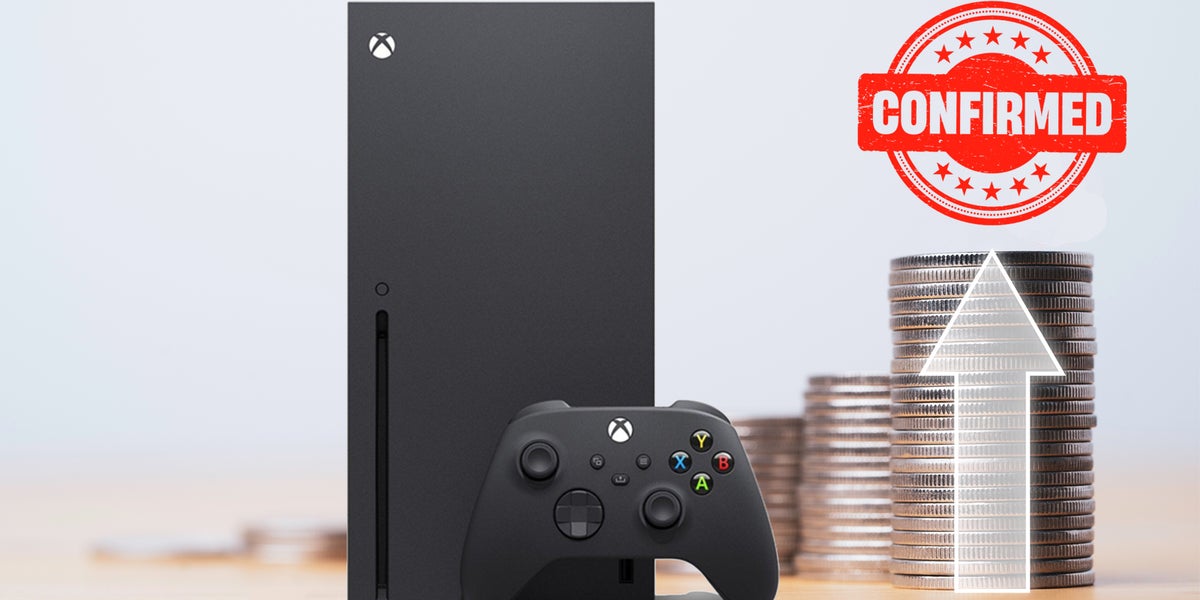Breaking: Microsoft Hikes Xbox Console Prices Across Global Markets

Xbox Faces Significant Market Shifts: Pricing and Availability Changes Ahead
Microsoft is set to shake up its gaming console strategy, with Xbox consoles experiencing dramatic changes in global markets. Gamers and tech enthusiasts should brace themselves for significant transformations that could impact their gaming experience.
In a strategic move that's sending ripples through the gaming industry, Microsoft has announced it will completely withdraw Xbox console sales from certain international markets. This decision marks a notable shift in the company's global distribution approach, potentially leaving some gaming communities without direct access to Xbox hardware.
For consumers in other regions, the news isn't much more encouraging. Xbox consoles are expected to see price increases, which could make the popular gaming systems less accessible to budget-conscious gamers. These pricing adjustments reflect complex global economic challenges, including supply chain disruptions and fluctuating manufacturing costs.
While Microsoft has not yet detailed the specific markets affected or the exact extent of price hikes, the announcement signals a significant recalibration of their gaming hardware strategy. Gamers and industry watchers are eagerly awaiting more comprehensive information about these upcoming changes.
As the gaming landscape continues to evolve, this development underscores the dynamic and sometimes unpredictable nature of the global technology market. Xbox users and potential buyers are advised to stay informed and prepare for potential shifts in console availability and pricing.
